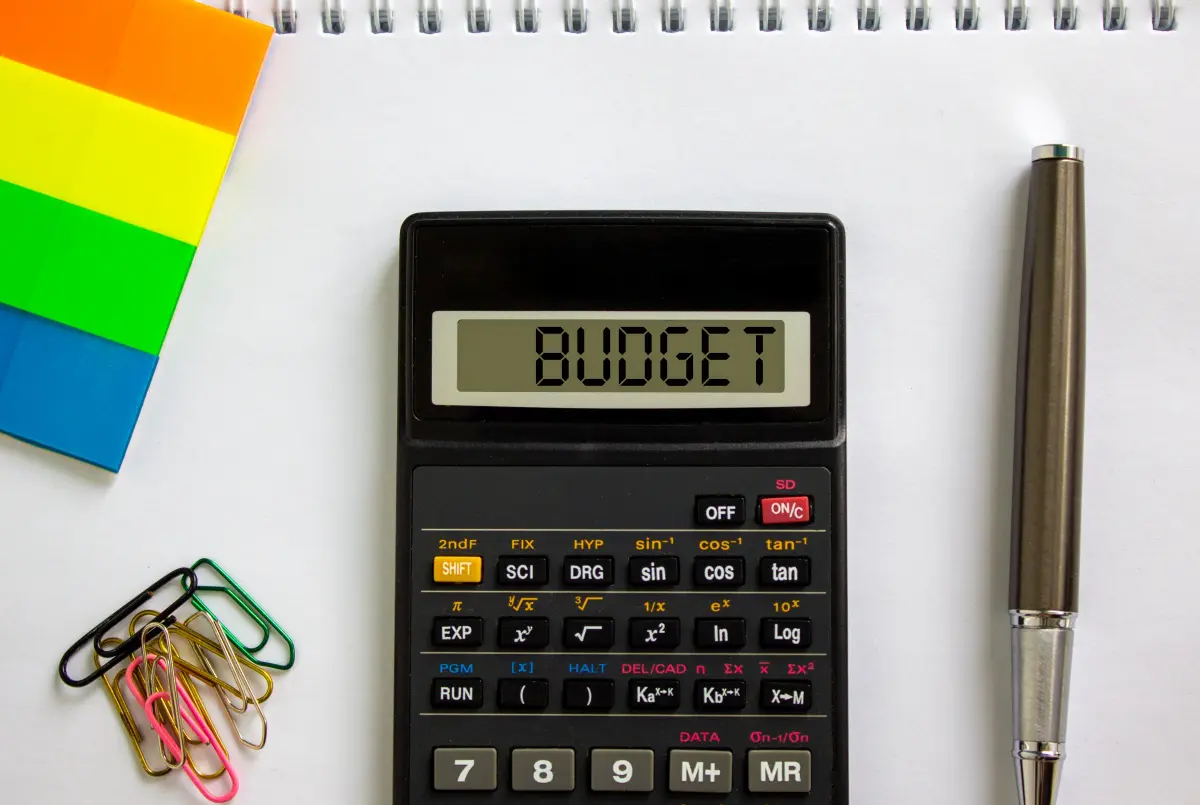Desiree Nair
16th February 2017 - 5 min read
Believe it or not, it’s often the little things that end up causing major financial repercussions. Not saving, overspending, and failing to see the signs that you are heading towards an empty pocket happens all too easily.

Here are some of the red flags that could mean that you’re well on the highway to a financial danger zone:
Are You Being Refused for Credit and Other Financing?
When your credit card or other loan applications are being turned down due to a poor debt-to-income ratio. This is often an indication of rapidly declining financial health, and the best way to counter this is to always be a step ahead of your finances by keeping track of your credit history.
The Fix: Start by periodically checking your credit report from credit reporting agencies such as CTOS or RAM Credit Info. Prioritize your most pressing debts and pay them off as soon as possible. Experts recommend either paying down the debt with the highest interest first or conversely, clearing off the smallest ones to see your overall debt reduce. Both methods work if you stay consistent and keep at it.
Are You Living Paycheque-to-Paycheque?
If you find yourself out of cash in the middle of the month or are desperately hanging on until your next payday, chances are you aren’t managing your finances well. It only makes matters worse if you’re struggling to pay off all your bills on time, as paying late will incur late payment fees – not something you want to waste your already limited money on. Moreover, if any unexpected financial mishaps were to happen – a car breakdown, losing your job, or falling ill – it could topple your precarious financial situation.
The Fix: Try to bring in more cash – while we know that this is easier said than done , it’s a necessary step to steer yourself away from being broke. Check out our article on how you can make money from home for ideas on how to generate extra cash without quitting your job.
Are You Taking Out Loans To Cover Monthly Expenses?
If you need to rely on small loans from family members or are simply going over your credit limit on a regular basis just to take care of your bills, then it’s clear that you are spending way too much and earning way too little. You need to realise that people won’t always be able to lend you money, and when those little trickles of financial assistance dry out, you’ll find yourself in a sticky situation.
The Fix: Make a list of all of your expenses and trim the fat wherever you can and focus on saving for at least the next six months. Downgrade utility services, reduce spending on clothes (at least for the time being) and put an end to that gym membership you rarely go to.

You Don’t Have An Emergency Fund
If you are overspending, it leaves you little room to save, and this can put just about anybody on a financial downward spiral. Granted, saving on a humble income is hard, but that doesn’t mean you should ditch the practise completely.
<a href=”https://ringgitplus.com/en/insurance/?utm_source=ringgitplus&utm_medium=banner&utm_campaign=my-rpint-gen-gen-insurance&utm_content=blogcta_ins_compareinsuranceplanson_ringgitplus_mid”title=”Compare insurance plans”>
The Fix: Start putting a small amount aside each month, even as little as 10% of your income as soon as you receive your salary. This way you’ll slowly build up a reserve to cushion you in times of financial emergency. Set an automatic transfer or deduction on your bank account if you don’t think you’ll be disciplined enough to make a manual deposit each month. Do check out our article for more tips on building a decent emergency fund.
Do You Whip Out Your Credit Card For Small Purchases?
If you are relying on your credit cards for every little purchase you make, you could soon run into heavy debt that will only be made worse if you are constantly paying the bare minimum each time your credit card statement arrives. This could wreak havoc on your credit score and put you on the receiving end of unattractive interest rates.
The Fix: Plan your credit card swipes to fully take advantage of cashback rewards and discounts only when lucrative promotions are available. Otherwise, use cash and avoid overspending “just for the reward points”. If you are looking for a credit card with a low interest rate that is still big on discounts and cash rewards, we recommend using our comparison page to find the best one that suits your spending style.
Have something to contribute to the article? Share your thoughts with us in the comments section down below!






Comments (0)